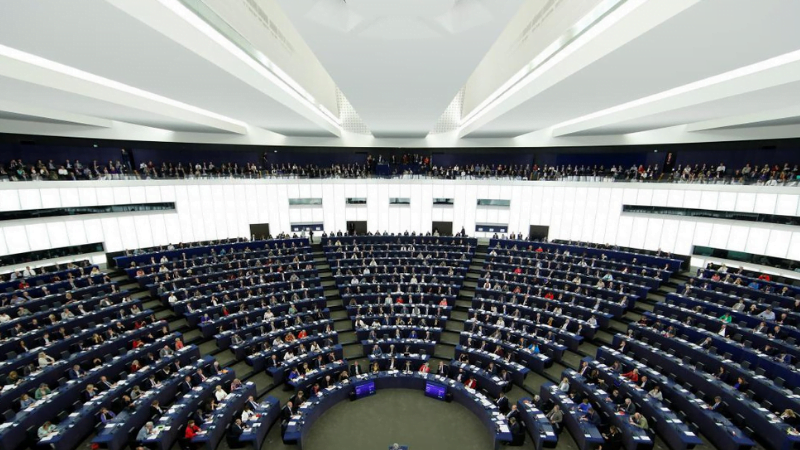EU lawmakers have strongly recommended the phasing out of golden visas and cash-for-passport schemes in Member States, saying they carry significant risks, including a devaluation of EU citizenship and the potential for corruption, money laundering and tax evasion.
The statement was made as a part of a report compiled by the European Parliamentary Special Committee on Financial Crimes, Tax Evasion, and Tax Avoidance (TAX3) following a series of scandals in some Member States and tax havens around the world.
The committee noted that at least 5,000 non-EU citizens have obtained EU citizenship through
citizenship by investment schemes, pointing out that these programmes did not necessarily
require applicants to spend time on the territory in which the investment was made.
EU lawmakers listed Malta as one of seven countries behaving like a tax haven and suggested that the European Union set up a police force to investigate tax evasion, money laundering and other financial crimes.
The other countries were Luxembourg, Belgium, Hungary, Cyprus, Ireland, and The Netherlands, with Danish MEP Jeppe Kofod saying that “Europe has a serious money-laundering and tax fraud problem”.
The committee reported that their 12-month mandate had shed light on unprecedented issues impacting the banking and finance sectors including the need to better enforce EU laws on money laundering and the combating the financing of terrorism.
Banking supervision needed to be stricter and the exchange of information between Financial Intelligence Units and tax authorities should be streamlined.
The committee recommended that the European Commission draft a proposal to create a financial police force that would be given investigative powers. In addition, the report adds that a watchdog could be created that would work towards countering the issue of money laundering throughout the region.
Some EU states have made reforms in the past few years to reduce tax avoidance but this was not enough, according to the committee. Many governments showed a “lack of political will to tackle tax avoidance and financial crime”.
More needed to be done to stamp out political resistance towards tackling financial crime, the committee said.
It was also noted that whistleblowers and investigative journalists should be given better protection and that the US ‘reward system’ for whistleblowers could be replicated at an EU level.
Both Malta and Slovakia were called upon to do everything possible to identify those who ordered the murders of two investigative journalists, Daphne Caruana Galizia and Jan Kuciak.












